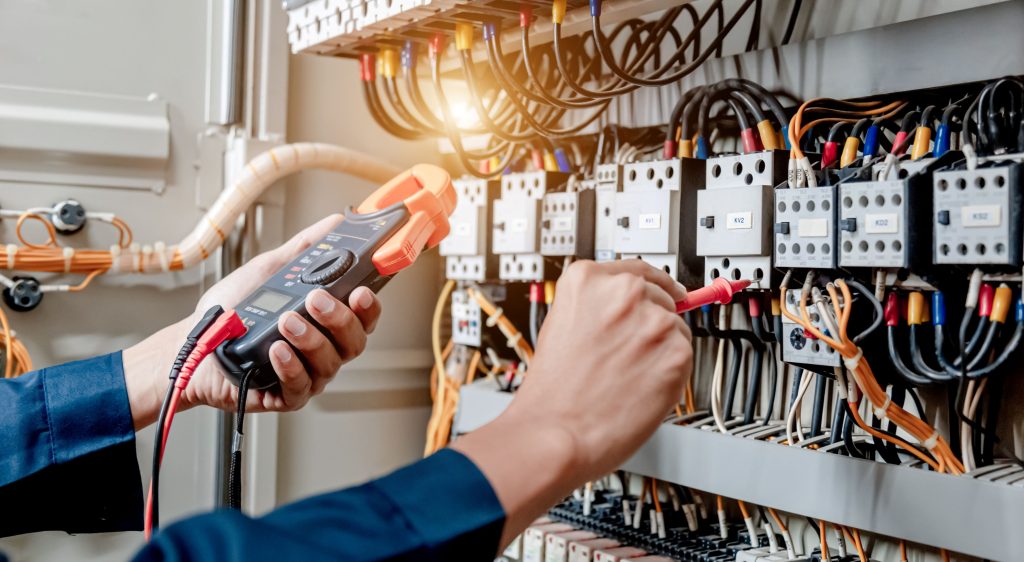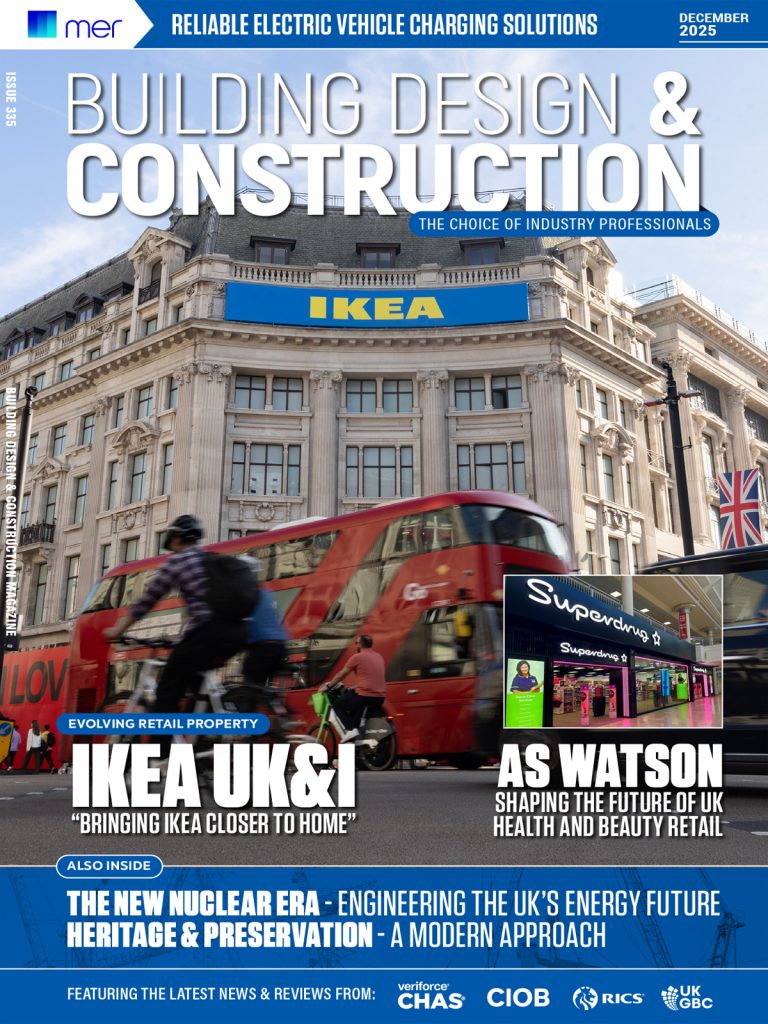Look around any modern building and you’ll see clean lines, smart controls, and subtle lighting. What you don’t see is the complex electrical network running behind walls and under floors. Those hidden systems keep everything working safely and efficiently.
Electrical work shapes how a building breathes, moves, and stays secure. It connects every system that keeps a space functional and comfortable. From a downtown high-rise to a neighborhood clinic, careful electrical planning turns blueprints into dependable, energy-smart environments.
Build Strength Through Reliable Electrical Systems
A building’s strength goes far beyond concrete and steel. Its essential infrastructure depends on reliable electrical systems that power lighting, HVAC units, communication lines, and automated equipment. When these systems are well designed and installed, you get consistent performance and fewer long-term issues.
That reliability starts in the planning phase. Electrical engineers and contractors analyze layouts, load demands, and energy requirements long before a single wire is pulled. Poor coordination here can lead to outages, inefficiencies, or expensive rewiring later on.
That’s why working with a Fort Myers electrical contractor or licensed electrician in your area is a smart move. A skilled team understands local codes, plans for long-term efficiency, and ensures every electrical installation is completed with care and accuracy. The right professionals help you avoid costly disruptions, which saves time and protects your investment.
Protect Lives by Ensuring Electrical Safety
Every safe building starts with electrical precision. Faulty electrical wiring, overloaded circuits, and ignored standards are major causes of fires and shocks. Fortunately, most of these electrical hazards are preventable when you follow updated codes and carry out regular safety checks.
Proper grounding, high-quality circuit breakers, and well-balanced load distribution protect both people and property. Routine inspections identify weak spots before they become serious problems, ensuring systems remain secure and dependable.

When safety protocols and electrical expertise come together, you get a structure that’s protected from the inside out, not only compliant but also trustworthy.
Boost Efficiency Through Smarter Energy Use
Energy efficiency used to be a bonus. Now it’s a necessity. Modern electrical work focuses on cutting energy waste without cutting comfort. From LED lighting to motion sensors that switch off when no one’s around, every smart feature adds up to measurable savings.
Electrical contractors design systems that adapt to energy demands in real time. Power management tools track usage patterns, helping you spot where energy goes and how to reduce it. Integrating renewable energy, such as solar panels or battery storage, further lowers costs and carbon output.
Even electrical equipment choices can impact performance. Selecting quality components that support future upgrades ensures your building stays efficient for years to come. High standards today lead to stronger, more sustainable systems tomorrow.
Transform Projects With Electrical Technology
Technology has completely reshaped how electrical systems are planned and installed. Tools like Building Information Modeling (BIM) let electricians and engineers work from digital blueprints that reveal every wire path and component. This reduces errors, rework, and costly on-site surprises.
Automation also plays a growing role. Smart automation systems control lighting, heating, and security through connected networks. These systems respond to occupancy and environmental changes, improving comfort while lowering energy use.
Today’s electricians need both technical skill and digital knowledge. They interpret data, program systems, and fine-tune networks that once seemed futuristic. Technology doesn’t replace their expertise. It enhances it, allowing them to work faster and more safely.
Strengthen Collaboration for Compliance and Success
No construction project succeeds in isolation. Electrical work links directly with architectural design, mechanical systems, and structural plans. That’s why collaboration is essential. Electricians, engineers, and inspectors must share information and coordinate every phase to ensure everything fits together correctly.
Good communication prevents rework, which saves both time and money. It also ensures that all electrical components meet local and national safety standards. The inspection process verifies that installations comply with regulations, keeping projects safe and legally sound.
Compliance goes beyond paperwork. It reflects professional pride and a strong sense of public responsibility. This commitment leads to safer, more efficient buildings that stand the test of time.
Final Insights
Electrical work shapes every part of modern construction, from planning and design to safety and sustainability. Reliable systems protect lives, smart technologies reduce waste, and skilled electricians bring it all together with precision and care.
As buildings grow smarter and greener, electrical expertise will only become more valuable. Tomorrow’s structures will depend on today’s well-designed systems, powered by professionals who understand both safety and innovation.
Whether you’re constructing a new facility or upgrading an old one, remember this: solid electrical work isn’t a hidden feature. It’s the foundation of every safe, efficient, and future-ready building.





